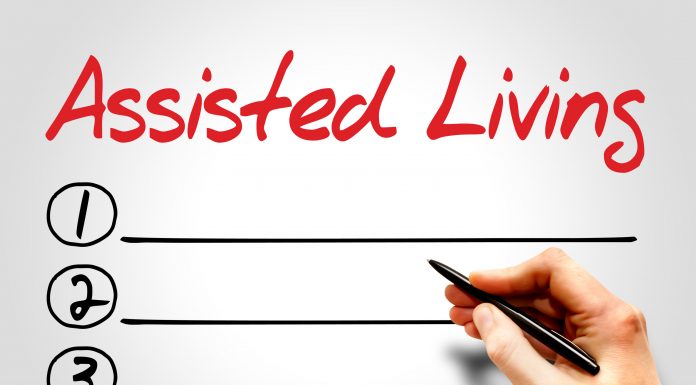With unique advantages like strengthening your memory and increasing blood flow to the brain, there’s no doubt that playing an instrument helps your brain in a variety of different ways. For seniors who might have put their instruments away years ago, rekindling the passion might seem nearly impossible. However, with just a few simple tips, you can easily bring playing music back into your life — no matter what your age may be, or which instrument you prefer.
Exploring your options
When it comes to bringing music back into your life after some time, it’s worth exploring your options before settling on a specific instrument. This is especially important if you wish to try your hand at learning something different than what you played years ago, or if you plan on purchasing a new instrument. Trying out a variety of instruments beforehand can save you money in the long run, while giving you a feel for what you might like best. From piano to guitar, saxophone, or even your own voice, there are a number of options to choose from, and, even if you don’t have musical experience, you can still reap the benefits of making music. In fact, one study found that those aged 60-85 who had no previous musical experience showed benefits like improved processing speed and verbal fluency after just a few months of weekly piano lessons.
Creating a routine
Implementing playing music into your routine is a key element of bringing the passion back into your life as a senior, as it can allow you to enjoy the hobby regularly and continue learning. Thankfully, there are a number of ways to do so, whether you choose to carve out a regular time for practicing on your own as part of your morning routine, or you decide to enroll in weekly music lessons or on an online course. In fact, taking a course from well-regarded institutions could be a good option if you’re returning to music after some time. For instance, the Berklee College of Music offers several courses when it comes to learning how to sing, including an introductory course on vocal techniques.
Making music with others
In addition to signing up for lessons and practicing on your own, putting yourself out there when you’re ready can be a major asset in maintaining music in your life. For example, partaking in group ensembles, joining a community band, or even simply getting a few friends together can allow you to make music in a meaningful way. Not only can joining a group bring the benefits of making new friends and bringing a new meaning to playing music later in life; it can also allow you to explore making different kinds of music. Additionally, making music with others is a great way to expand your knowledge and allow you to perform — no matter how old you may be.
Many may believe that their days of making music have long passed, but that’s simply not true. Whether you want to pick your old trumpet up again or wish to try something new altogether, creating a routine and exploring your options when it comes to instruments and group opportunities are key points in bringing music back into your life.























